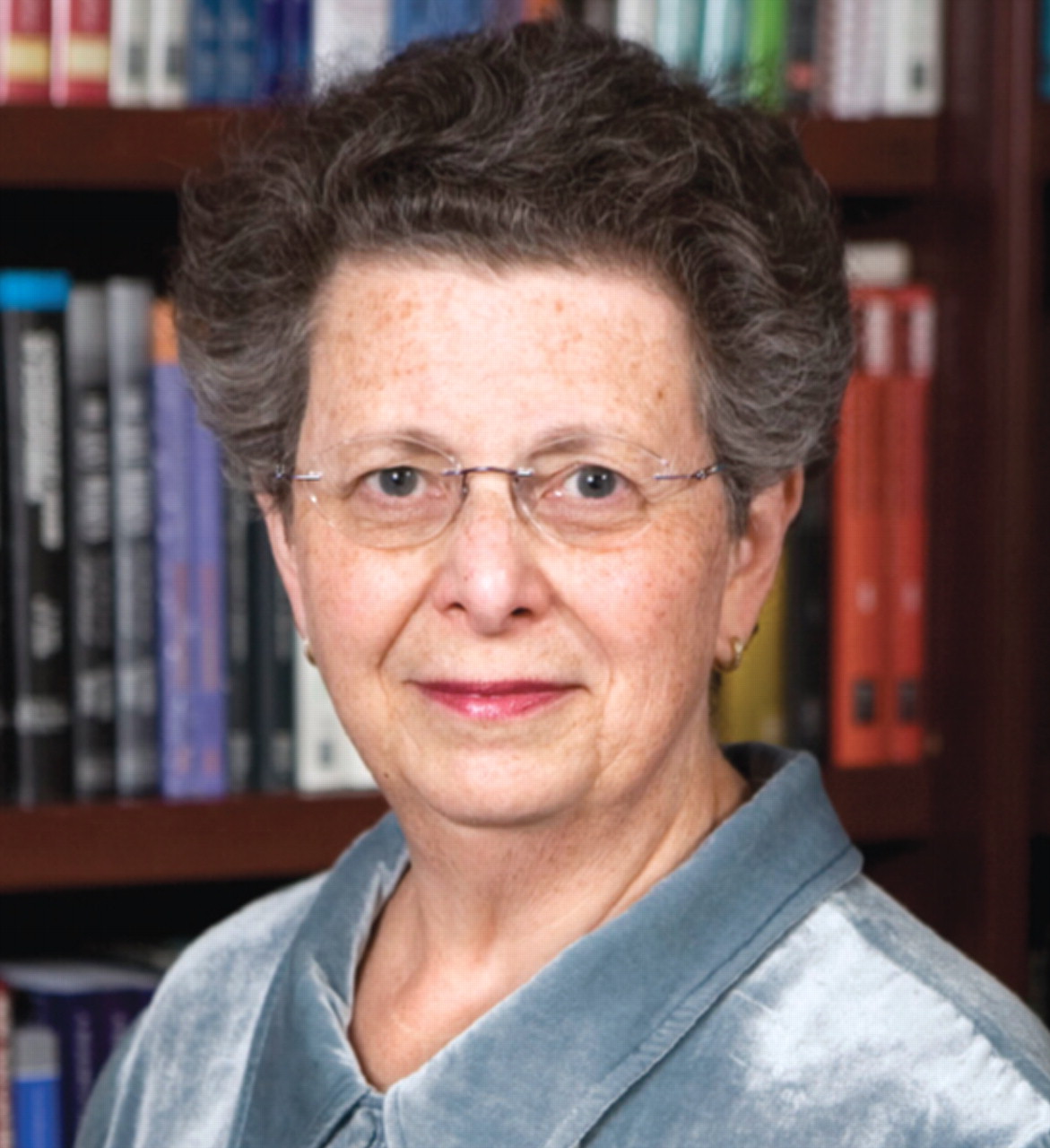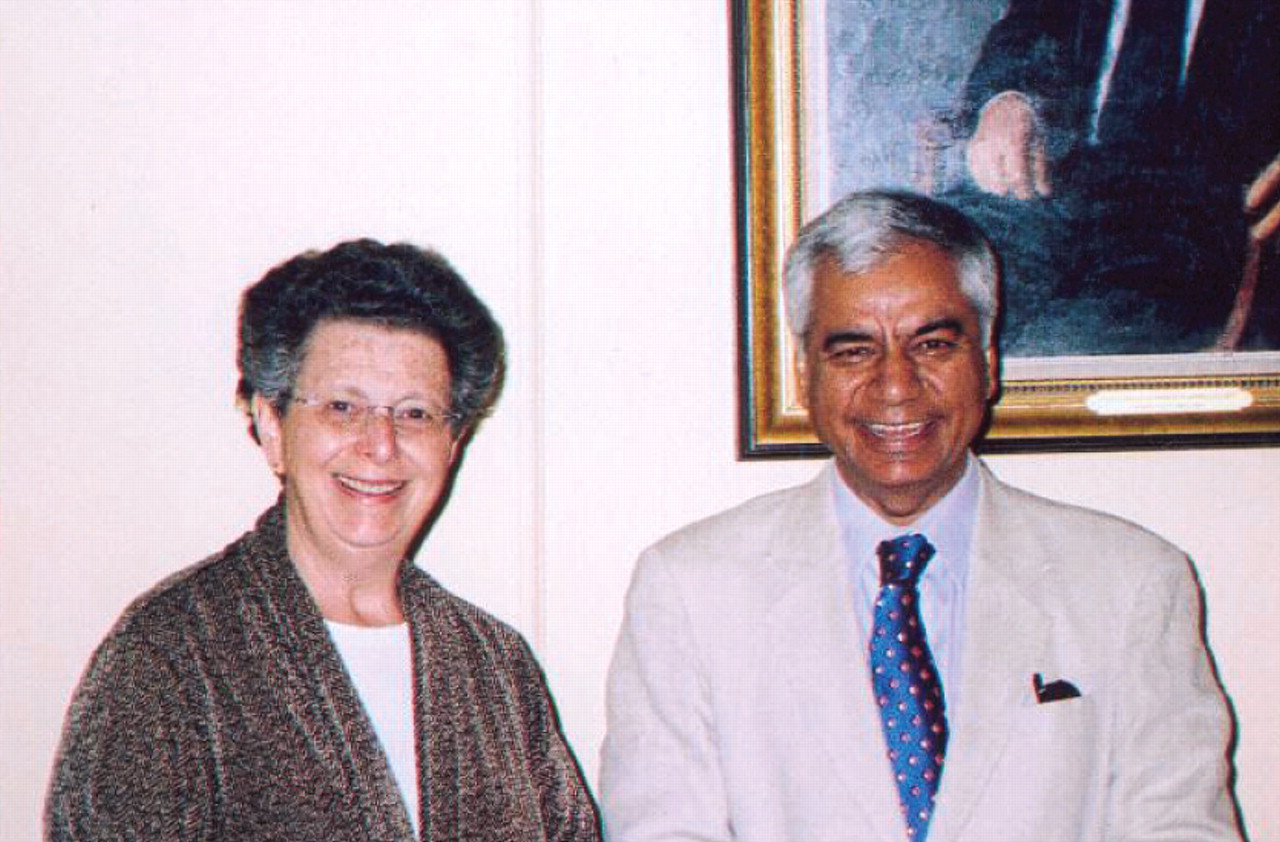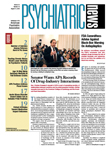For the past several years, the presidents of APA and the Royal College of Psychiatrists have attended, and presented at, each other's annual meetings. It was the Royal College that gave APA our presidential medallion 40 years ago. The meetings are opportunities for both mutual commiseration and mutual inspiration. With our current concerns about the rising costs and inefficiencies of health care and our national elections around the corner, this is a good time to think about the advantages and disadvantages of different kinds of health care systems.
The Royal College performs the functions of both our APA and the American Board of Psychiatry and Neurology; it is the Royal College that sets the standards and administers the examinations that qualify physicians as specialists in psychiatry. This makes nearly all the practicing psychiatrists in the country members of the college. Within the Royal College, there are faculties comprising the psychiatric subspecialties. The faculties have their own meetings and elect their own representatives to the governing body of the college, which also includes representatives of geographic areas, making for quite a large board of directors. The president of the Royal College serves for three years. At this meeting, Professor Sheila Hollins finished her term, and Professor Dinesh Bhugra commenced his.
Professor Hollins has a particular interest in patients with little or no reading skills. She has co-written a fascinating set of booklets: “Books Beyond Words.” Each of these picture booklets addresses an important life event: losing a parent; going to the doctor, hospital, or outpatient clinic; being arrested or on trial; falling in love; and dealing with abuse; as well as speaking up for oneself, personal hygiene, and general medical care: “Looking After My Breasts” and (I had to read this title twice) “Looking After My Balls.” The pictures show individuals gradually coping with each challenge and provide a stimulus for discussion with family members and health care professionals. By the way, I like the terms the authors use: “service users” rather than our“ consumers,” and “carers” for both professionals and lay people, usually family members, who provide care.
This year the Royal College met in London, using the meeting facilities of the Imperial College. This inexpensive venue has enabled the college to experiment with a meeting without pharmaceutical company support. The only exhibits featured college programs and publications. The meeting briefcases carried only the seal of the college. There was not a free pen, umbrella, or sticky note in sight. The attendees, therefore, bore the full expense of the meeting; registration cost between $1,500 and $2,000 for three days of meetings, coffee breaks, and hot lunches. Hotel accommodations were extra. Britain has 13,000 psychiatrists; the attendance at the meeting was fewer than 1,000 psychiatrists, which included a significant number from other European countries and from the British Commonwealth, including from India, Africa, Australia, and Canada.
This year marks the 60th anniversary of the National Health Service (NHS). Although our systems of care are very different, we face similar problems. Like us, the NHS is worried about treatment of the growing elderly population and active and returning military. At the college meeting, I participated in a symposium on the integration of primary and mental health care. The college has marked the NHS anniversary by developing “Fair Deal for Mental Health: Our Manifesto for a 3-year Campaign Dedicated to Tackling Inequality in Mental Healthcare.” One frequently repeated slogan is “No health without mental health.”
Some of us have a mental image of NHS facilities as dingy, dirty, and overcrowded. Professor Bhugra recently told the press that he would not like to see a family member in some NHS psychiatric facilities. But I visited a facility where I would be more than happy to have a member of my family cared for—the Chelsea and Westminster General Hospital. I have never seen a more bright, beautiful, and architecturally brilliant hospital.
Over the past 10 years, the NHS has greatly reduced waiting times and introduced standards for the care of some medical conditions. The NHS is now moving in the direction of increased patient choice. While there is some interest in privatization, most people are satisfied with the current system, which provides care for everyone.
We spend more on health care than any other country in the world, and yet we do not excel in terms of maternal and infant mortality or life expectancy. Other countries may have something to teach us as we make crucial decisions about the future of our health care system. ▪


